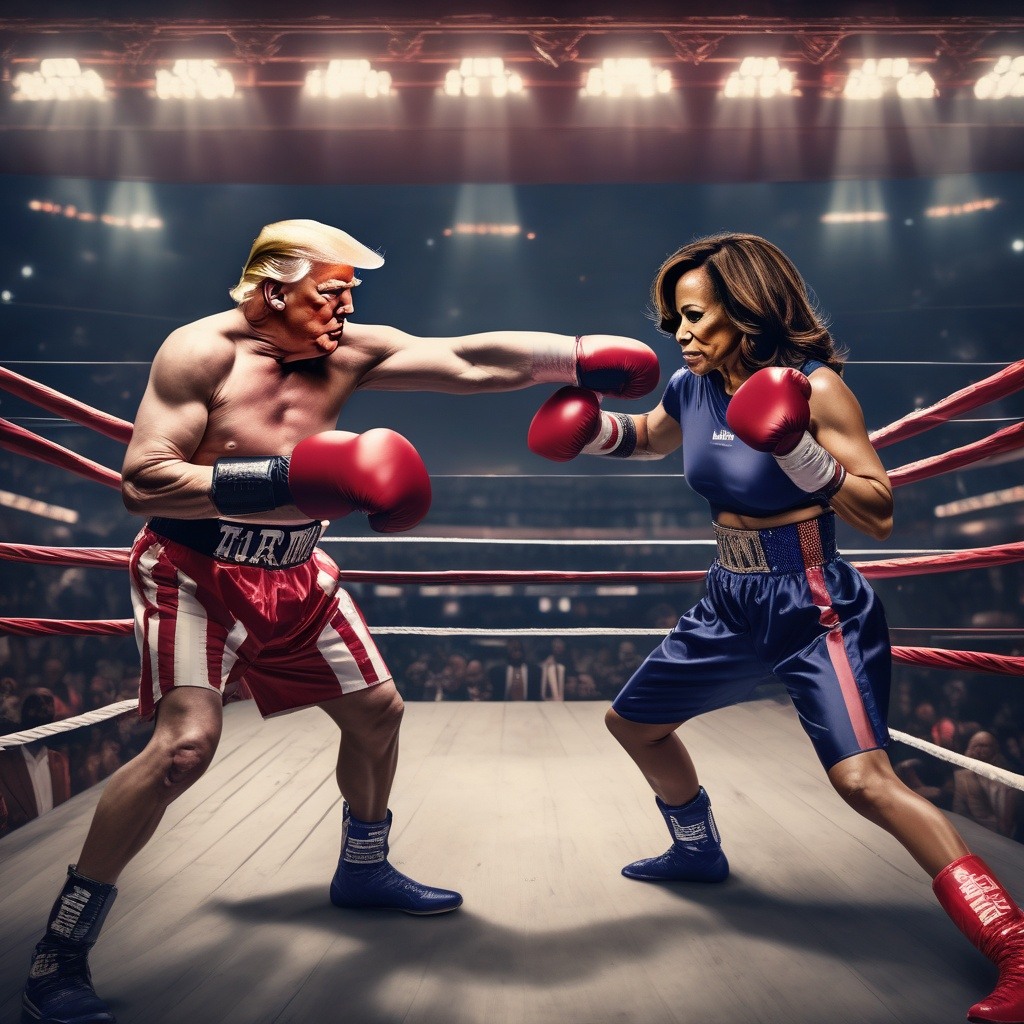As the United States gears up for another presidential election day, the political landscape is influencing voters and the foundations of the justice system. The dynamics of a high-stakes election can seep into courtrooms, affecting jury perceptions and potentially influencing verdicts. This blog post explores the intricate relationship between presidential races and the functioning of juries, examining how political ideologies, media narratives, and public sentiment can shape the decisions of those tasked with delivering justice.
Political Polarization and Jury Dynamics
In recent years, the U.S. has witnessed increasing political polarization, with citizens becoming more entrenched in their beliefs and less willing to entertain opposing viewpoints. This polarization extends to juries, where jurors' political beliefs can influence their perceptions of cases, particularly those involving contentious social issues. For instance, cases related to police conduct, civil rights, and public health can take on heightened significance in an election year, as jurors may view them through the lens of their political affiliations.
Research has shown jurors with strong political beliefs may be more likely to empathize with defendants or plaintiffs who align with their views. For example, during a presidential election, when issues of immigration are front and center, a juror who holds strong anti-immigration sentiments may be less sympathetic to an undocumented defendant facing charges. Conversely, a juror who champions immigrant rights may exhibit bias in favor of the defendant. This phenomenon underscores the need for careful jury selection.
Public Sentiment and Media Influence on Juror Decisionmaking
The media plays a decisive role in shaping public sentiment, particularly during election cycles. Sensationalized coverage of political events and high-profile trials can create a narrative influencing how jurors perceive a case. For instance, if a defendant is portrayed unfavorably in the media, jurors may unknowingly carry those biases into the courtroom, impacting their ability to deliver an impartial verdict.
Moreover, the rise of social media has intensified the speed and reach of information dissemination, often leading to the rapid formation of public opinion. Jurors exposed to social media narratives may be influenced by the prevailing sentiment, making it crucial for courts to implement measures that mitigate the impact of external information. Judges often instruct jurors to avoid media coverage and social media during a trial, but the challenge remains: in an age where information is ubiquitous, can jurors indeed remain impartial?
The Ripple Effect on Legal Outcomes
The implications of political influence on juries are far-reaching. When jurors allow their political beliefs to shape their decisions, the integrity of the judicial process is compromised. Verdicts may reflect societal divisions rather than the facts of the case, leading to a lack of trust in the legal system. This erosion of confidence can be particularly damaging in high-profile cases that capture national attention, where verdicts may be perceived as politically motivated rather than grounded in justice.
Furthermore, the pressure of a politically charged environment can also affect the behavior of attorneys and judges. Lawyers may tailor their arguments to appeal to jurors' political beliefs, while judges may feel the weight of public scrutiny in their rulings. This creates a feedback loop where the political climate influences courtroom dynamics, potentially undermining the fundamental principles of fairness and justice.
Navigating the Challenges Ahead
As the presidential race heats up, legal professionals, jurors, and the public must navigate the challenges posed by a politically charged environment. Ensuring the integrity of the jury system requires a multi-faceted approach that includes:
1. Thorough Jury Selection: Attorneys must conduct meticulous jury selection to identify potential biases and ensure a balanced jury pool.
2. Juror Education: Courts should prioritize educating jurors about their responsibilities to remain impartial and the importance of basing their decisions solely on the evidence presented.
3. Judicial Oversight: Judges must remain vigilant in monitoring the influence of external factors, including social media and public opinion, and take decisive action if these influences threaten a trial.
4. Public Awareness: Raising awareness about the impact of political polarization on the justice system can help foster a more informed public, encouraging individuals to approach jury duty with a commitment to impartiality.
The intersection of presidential races and jury dynamics is a complex and evolving issue. Before proceeding, speak to your Persuadius jury consultant about it. The following week and beyond could be interesting.
Read these free and valuable resources related to jury selection and jury consulting from Persuadius:
- Using Political Polarization to Your Advantage During Voir Dire
- Jury & Trial Consulting Guide - A Free E-Book for Litigators and Litigation Support Professionals
- The Voir Dire Handbook — Complimentary Download
- 7 Jury Selection Issues in Trump NYC '24 Trial: What's Going Wrong?
- Is Your Jury Consultant Doing These 12 Things Helping You Prepare for a Mock Trial?
- 8 Ways to Win Over a Jury Whether You Are a Jury Consultant or Litigator
- 3 Critical Mock Trial "Clopening" Litigation Graphics Best Practices
- 11 Questions Mock Juries Often Ask
- How Early-Stage Focus Groups Can Help Your Trial Preparation
- Jurors Will Believe Anything (That They Already Believe)






Leave a Comment